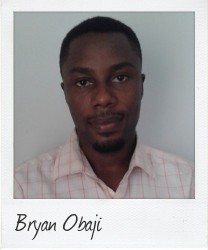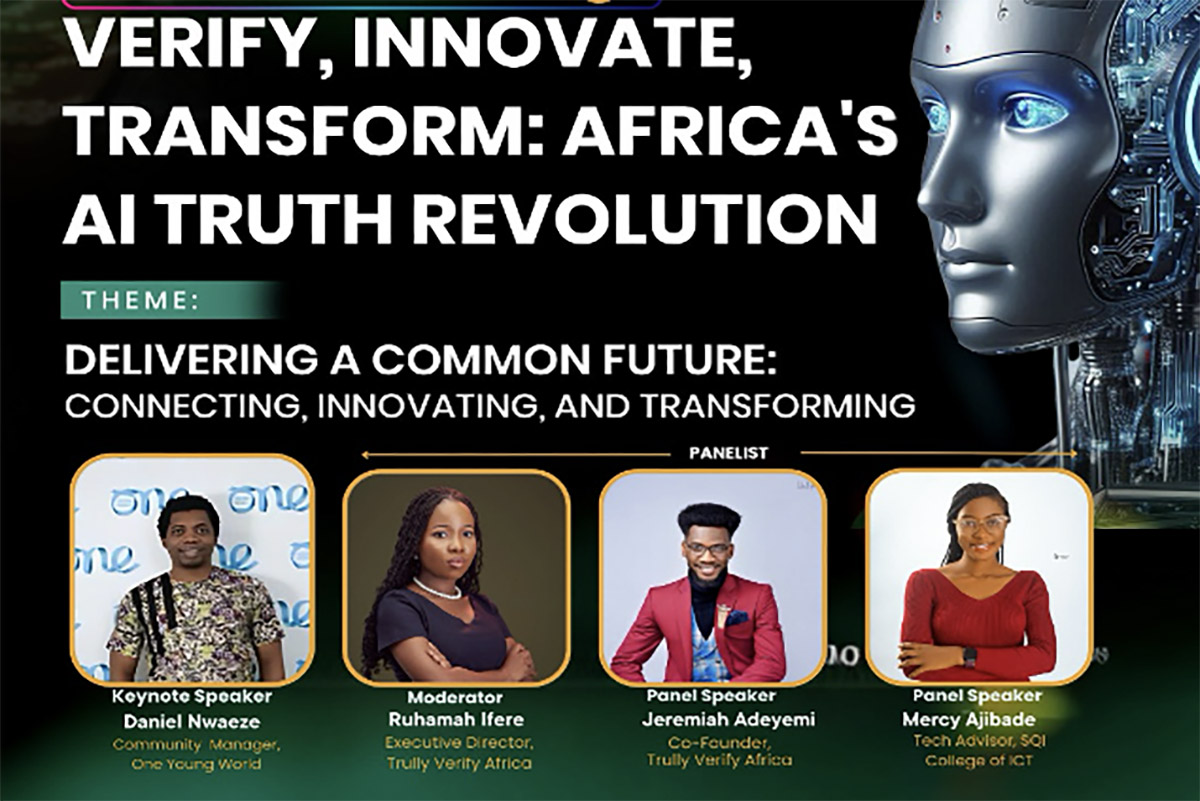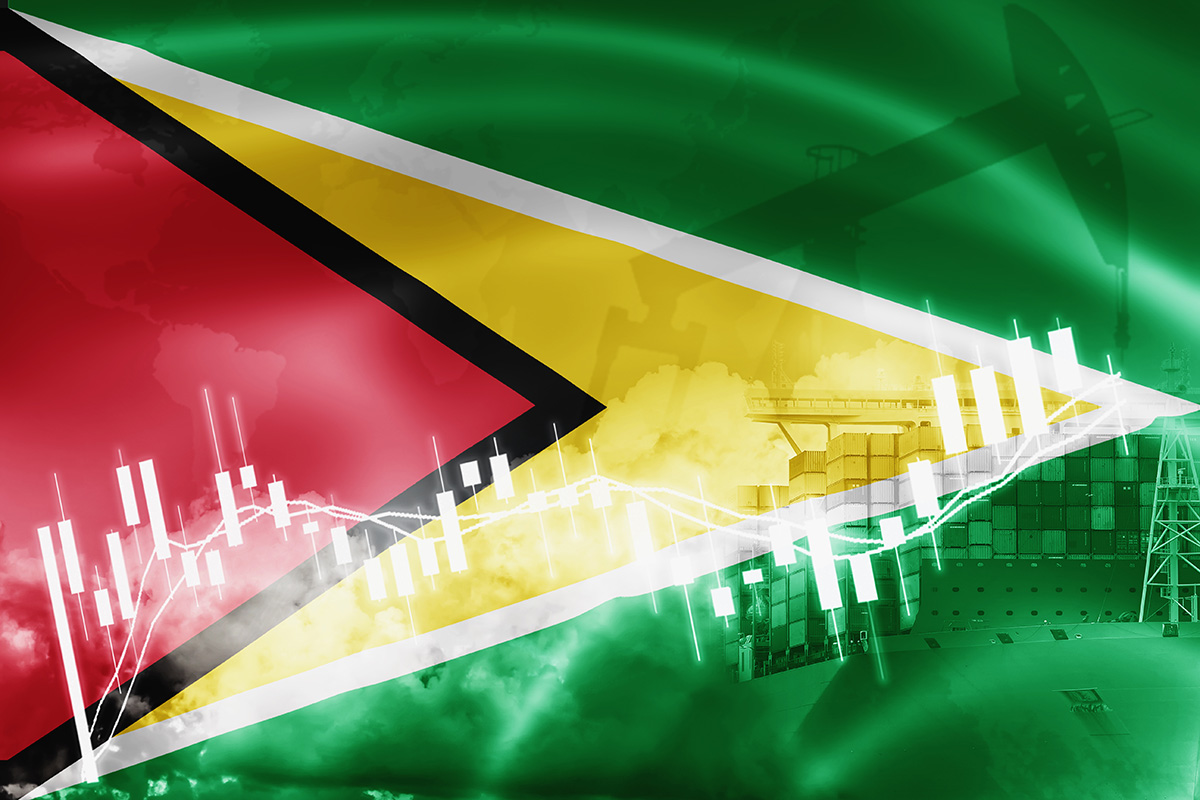“Unity, divisiveness and strength”
August 15 The strength of an organisation or a home can result from its unifying goals, writes Bryan Obaji, 25, a Correspondent from Calabar in Nigeria, who argues that merging political interests can create strength in a bigger party.
The strength of an organisation or a home can result from its unifying goals, writes Bryan Obaji, 25, a Correspondent from Calabar in Nigeria, who argues that merging political interests can create strength in a bigger party.
Organisations capture our attention and make us believe in their unshaken strength and will with mottos such as “united we stand”, a slogan the Americans have for so long used, or the “we are united” phrase that inspires England’s most decorated premier league team, Manchester United. Many are convinced that their successes are a result of the slogans of strength and unity that they bear.
While a lot of very large organisations in the world today have stuck to their objectives and built on their great ideas, a number of equally large and once promising organisations with captivating slogans may have deviated from their goals and aspirations. One of such is Nigeria’s leading political opposition group, the People Democratic Party (PDP). But with so much negativity amongst recent divides, many have categorised the issues rocking the PDP as a beginning to its final downfall.
An in-depth look at the issues, accusations and management crisis makes it safe to say the once-largest party in Africa with 16 years at the helm of affairs is paddling a sinking boat. Since democracy returned to Nigeria in 1999, the PDP has held power but its loss in an historic election to the All Progressives Congress (APC) – a party formed through a merger of a number of former opposition parties – has relegated it to an opposition party and asked further questions about its current political strength.
Looking back at the creation of the ruling party, we’ll agree that the weaknesses of the merging parties brought about the strength of a bigger party. Just when many people are hitting the PDP hard for not being able to put their house in order and their unpreparedness to manage an opposition status, it is possible this whole drama might be a trick with a rebranding undertone.
Despite the growing number of factions within the party and multiple defections particularly to the ruling APC, the PDP still has men and women of high status, movers and shakers of the political scene – people who still enjoy goodwill among their constituents and wield influence, too. Their strategy might just be a way of attracting sympathy from would-be voters, thereby sending a signal of ‘we can have a better option in 2019’.
With the growing inflation rate and a dwindling economy coinciding in the one year the ruling party has spent in power – coupled with the leadership crisis rocking the APC-led parliament – the PDP perceives a crossover of some members of the ruling party. It uses the idea of a divided house to lure prospective decampees to build a formidable party. This is one strategy the opposition will clearly be backing, much more than the idea of rebranding often used by sinking parties hoping to bounce back into serious political contention. If the PDP for instance decides to change its umbrella logo or its ‘power to the people’ slogan or even its name without changing its perceptions, the same individuals will still be seen manning the affairs of the rebranded party and this will only be an effort in futility.
Politics is a game of strategy that needs regular updates of policies and tactics, where you need to adjust to the desires of the people. Telling people the reality of a situation does not necessarily win elections, but assuring them of your willingness and resources to be employed will definitely improve your political curriculum vitae.
Watchers will expect to see a mind blowing turnaround of events from these individuals in the opposition in the nearest future – one that nullifies their traditional way of acting. Whatever serious threats these political gladiators might want to pose in future elections will be determined by a cumulative effort in trying to convince the public that there is a change from ‘sinners to saints.’ Building a formidable party may be the reason for the initial chaos. Nonetheless, convincing members of the public to key into the transformed agenda will be a herculean task only time and effort will accomplish.
As we watch with keen interest the theatrical performances of very stable and formidable men and women, let’s not forget that their act may end up attracting powerful political forces that will change the political equation and spring up an advanced calculation only geniuses can solve.
photo credit: Chess play via photopin (license)
…………………………………………………………………………………………………………………
About me: I am Jetem Bryan Obaji, a trained accountant. Presently, I work for a not-for-profit organisation, sensitising the public on the need for basic education.
In the coming years I hope to channel my efforts and resources towards ensuring a better quality of life for people. Reading, writing and playing fun games are my interests.
…………………………………………………………………………………………………………………
Opinions expressed in this article are those of the author and do not necessarily represent the views of the Commonwealth Youth Programme. Articles are published in a spirit of dialogue, respect and understanding. If you disagree, why not submit a response?
To learn more about becoming a Commonwealth Correspondent please visit: http://www.yourcommonwealth.org/submit-articles/
…………………………………………………………………………………………………………………






